Impactful collaboration needs stakeholders to build, leverage on a collective than personal mindset
[ad_1]
Hope Ehiogie is the Deputy Vice President, NANTA, Eastern Zone, the CEO of Enived Travels Ltd as well as Accountable Manager a Enived Air and Logistics Ltd. In this interview with WALE OLAPADE, he speaks on collaboration as a key factor in repositioning the tourism and travel business, creating emerging market, among sundry issues.
The tourism and travel sectors is important in the economic growth and development of a country; do you think Nigeria is getting it right compared to other countries benefiting from the industry?
Well, it is obvious that tourism and travels play a major role in cultural and value exchange, which influences a lot of any economy’s reality. As for if Nigeria is getting it right in comparison with other countries, one will need to put it in perspective. It depends on the country we are comparing with, but for the potential market like Nigeria, I believe we can do far more than we currently are doing.
Collaboration is the new wings that opens windows of opportunities for travel and tourism stakeholders after the pandemic; do you think industry players are taking advantage of collaboration?
On collaboration we are seeing some progress here and there but definitely not as should be expected. It seems most stakeholders are more comfortable with external collaboration without leveraging our domestic advantages. In this regard too I think we have more unhealthy competitive mentality than a collaborative mindset. A collaborative mindset will see stakeholder come together to build a system that benefits the whole and that encourages emerging market than just staying comfortable with the basics the industry has to offer. This is not too good for the industry but we cannot downplay the role some national bodies are playing to encourage collaborations. NANTA, FTAN, ABTA, NAPTOP, ITPN, NIHOTOUR and others are in one way or the other making efforts in this regard.
We need more stakeholders to build the mindset to build for the general than to leverage for personal gains alone.
What is your opinion on the issue of absence of a national carrier for a country like Nigeria?
This is one issue I might have a very different disposition from what many might think. I have also written to a couple of industry leaders on this even during the COVID and when some of the foreign airlines started acting funny.
Firstly, I will like to point out that the Nigerian market is dynamic and we must be careful to try to import a foreign idea because it worked for them into Nigeria. Experience has shown that most of the ideas imported if not tailored to our economic realities, mostly end in doing more damage than good.
We must not go for a national carrier because we want to be among countries that have a national carrier if it won’t impact positively on the economy or if it will cost us more. For instance, Turkish Airlines is one of the major sources of revenue for Turkey as a nation but we must ask ourselves what support system (tourism) have we built to sustain such or we want to invest into such projects as a nation and then later start looking for remedies for avoidable challenges?
We have had Air Nigeria, Virgin Nigeria what happened to them? We must learn from the past to avoid a repetition of previous pains in our economy. I remember when Virgin Nigeria stopped how many people suffered losses.
If we must, I will suggest the government whould buy into one of the current airlines in the country and then use that airline to engage in the international market while opening rooms for other domestic airlines to operate within the domestic scene more. Emirates Airline is not a national carrier from inception but they were able to build a market around it and today many see it as the representative carrier for Dubai.
We can think in this line and find a way to work round it for the benefit of the travellers, airlines and the nation as a whole. Build a committee with reps from various bodies in the industry to formulate what can work in our system.
You are one of the voices that agitated for the NANTA chapter in your area, now that you have it, has the issue of being sidelined been bridged?
Reasonably yes, though the issue was not just about the chapter but ensuring we carry every member in the region along in a way that everyone has a voice and a sense of involvement.
The industry is one that requires a level of intelligence and knowledge, as such; we must do all to create a platform where each person can feel free to contribute for the betterment of all.
Our drive has led to a lot of progress in the region, which as of today is enjoying a high level of family spirit. There is always a room for improvement, which is why we have continued to contribute our own quota on how things can work better for everyone.
Considering the frequency of domestic air travellers and the outbound and inbound traffic, do you think we have a reasonable number of airlines within the Nigeria airspace to meet the daily frequencies?
For a market of over 40 million people and a potential of at least 150 million travellers? I will say we need not just more airlines but more aircraft. The government is working to make aircraft lease easier for airliners which I believe will do a lot in the airline industry because currently our rating isn’t something we should be proud of but I believe this will change as some of us get more actively involved.
In addition, we must also consider the efficiency and timeliness of the ones currently operating too. We have a lot to work on i must commend everyone doing their part to make the industry better.
What are the lessons learnt from the pandemic and how have they shaped the way you do business now?
The pandemic actually showed and taught us a lot. One, it shows how traditional we have been in our thinking about the travel market, our limitations with our market communications and engagement, as well as exposed some grey areas in our policies and representations too.
However, we learnt to leverage on the social media space as well as to get more involved in tourism by building our domestic market.
We learnt to diversify and see strategic planning as a key factor in our business engagements.
It definitely showed how much we need improvement in many areas and how the government can help increase the level of productivity that can come from the tourism and travel market
It also showed new possibilities of dynamic and emerging market. At the end, we felt the heat somehow but we learnt to swim in a different water.
Also during the pandemic, though it wasn’t easy we progressed in our registration of our own airline which we later received our ATL for and look forward to adding to the success story in the airline sector too.
What is the effect of the election on the travel business and how has the redesigned naira notes saga affected you?
The election affected everything in the country because of the level of uncertainty that was sold all through the electioneering season. Some investors also were skeptical about the market not knowing who would win and what would be the disposition of the new government towards the industry. I believe we will be fine as we engage more and sell a positive notion to the public. Confidence in governance is key for tourism and travel related business.
On the Naira saga, well we have been dealing with dollars saga in the industry and adding the Naira to it was a move I am sure many of my colleagues have been praying to end soon.
For the naira issue if we are talking about the availability of cash then I don’t think it was too heavy on us since most of our transactions could always work with transfers, would or across counters transfers too.
But we sometimes need cash to do one or two things which I believe shouldn’t be an issue to adjust.
Personally, I didn’t have any bad blood about the whole naira thing. We are navigating a developmental curve as a nation and I believe a greater Nigeria will emerge. I only pray for our leader to have more wisdom to manage things now.
[ad_2]

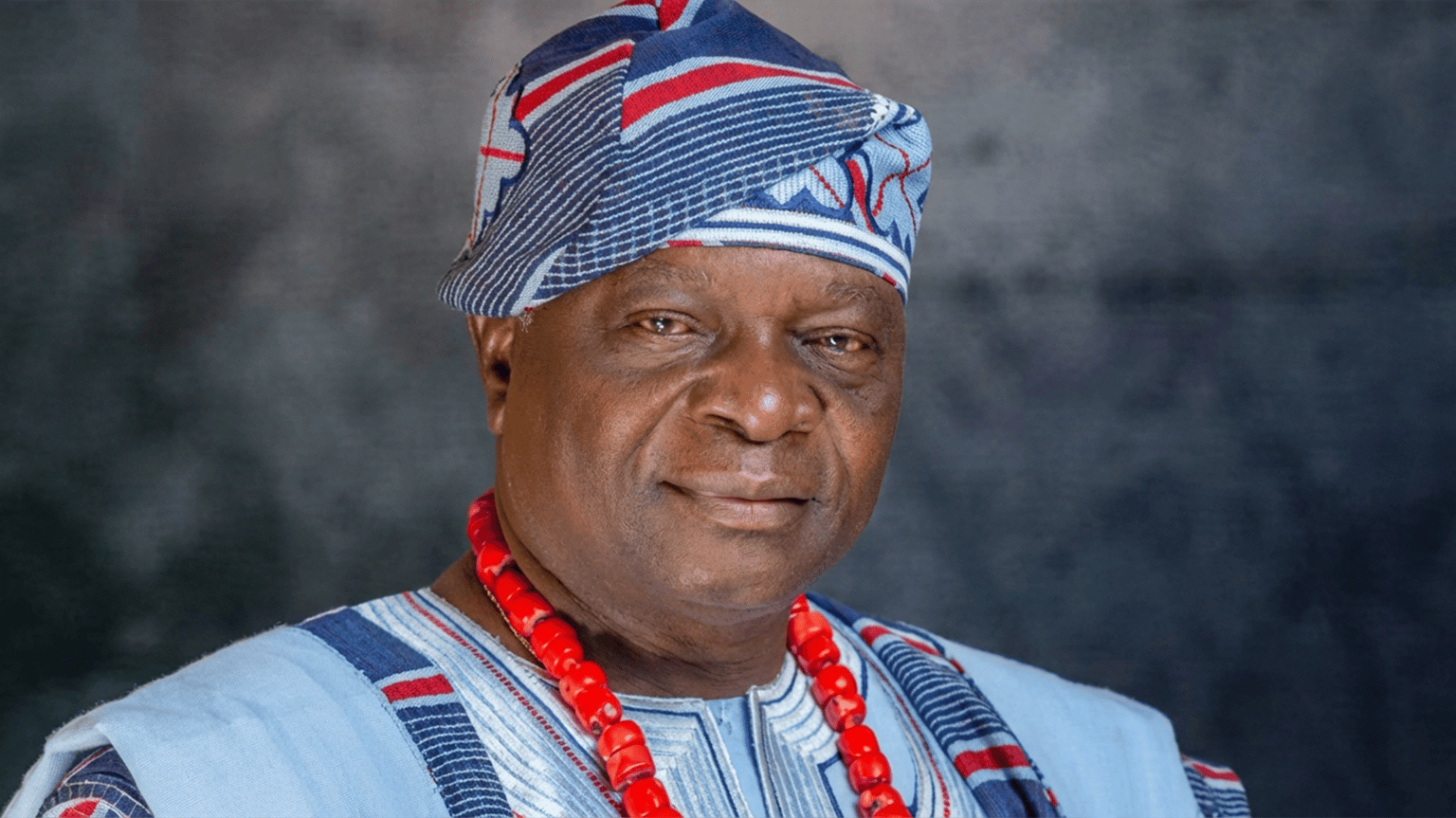
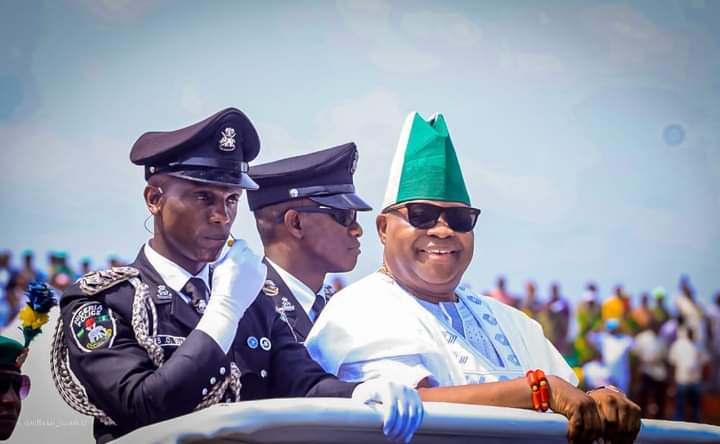
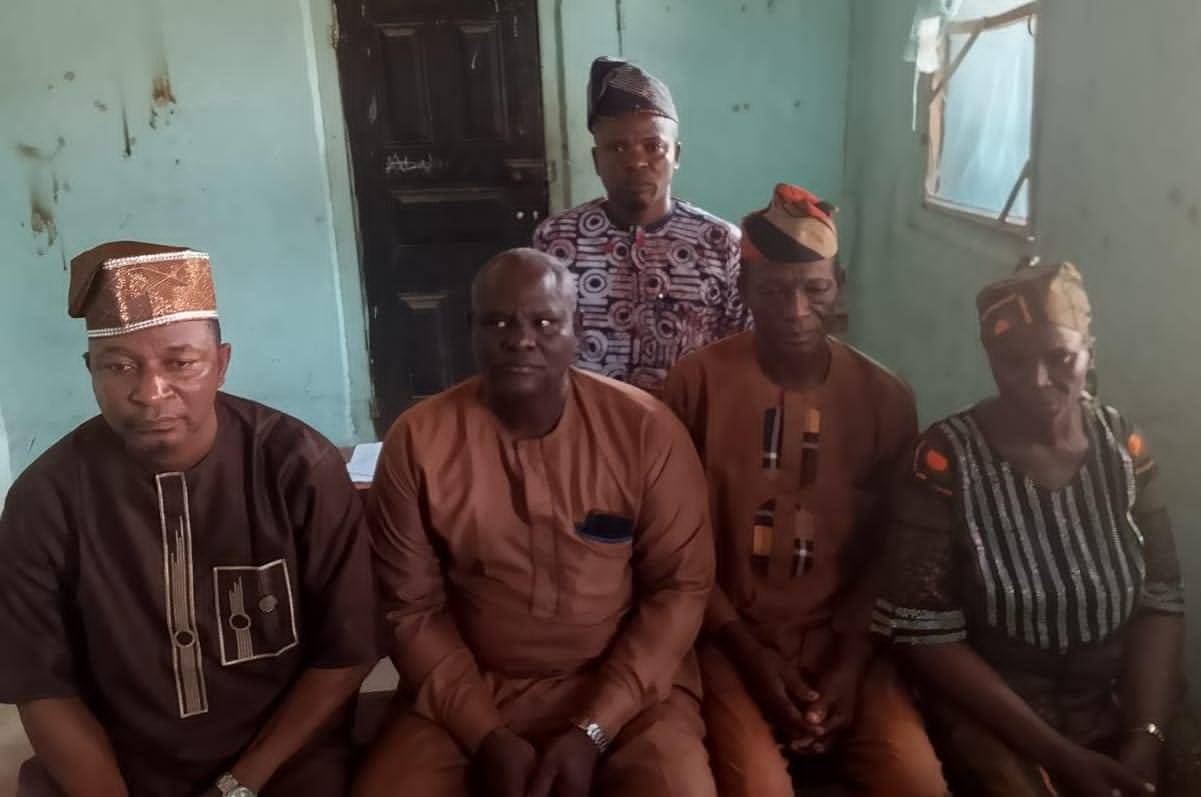
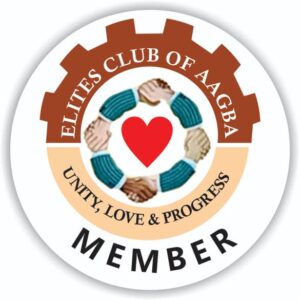
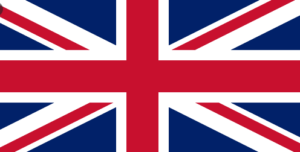




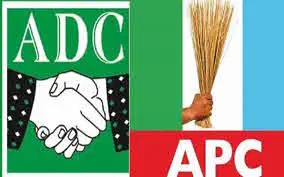



Post Comment